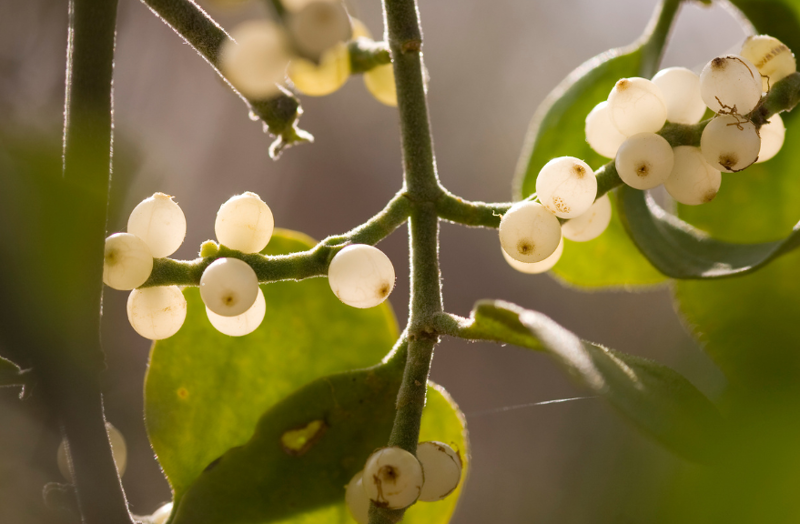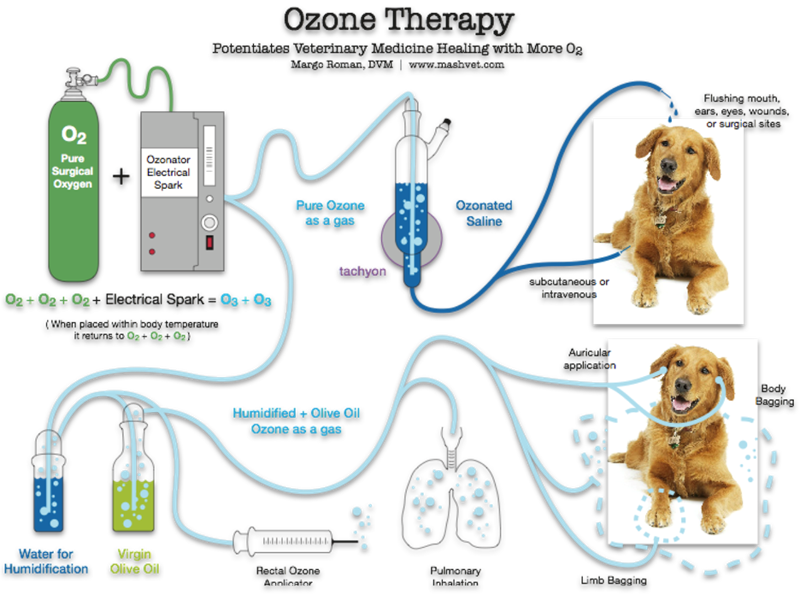Drs Steve and Karen Marsden - RECORDING - Three Day Veterinary Chinese Herbal Medicine and Acupuncture Seminar
0
Days
0
Hours
0
Minutes
0
Seconds
STARTS IN
0
Days
0
Hours
0
Minutes
0
Seconds
Qualifications
For Veterinarians
Browse our range of educational opportunities specifically for veterinarians, including courses, webinars and memberships.
For Animal Health Professionals
Browse our range of educational opportunities specifically for animal health professionals, including courses, webinars and memberships.
For Pet Owners
Browse our range of educational opportunities specifically for pet owners, including courses, webinars and memberships.
Categories
Get Started Courses
Chinese Herbal Medicine
Western Herbal Medicine
Acupuncture
Natural Animal Health
Other
Pet Owners
Graduate Diploma
Neuro-Acupuncture
Animal Health Sciences
Rehabilitation
Nutrition
Check out our list of coming soon courses!
View All
Full Veterinary Memberships
Full Veterinary membership of CIVT is only available to registered veterinarians
Learn More
Veterinary Student Memberships
Veterinary Student and First Year Graduate membership of CIVT is free of charge and open to currently enrolled veterinary students and new graduate veterinarians until the end of the first year following graduation.
Learn More
Animal Health Professional Memberships
Animal Health Professional membership is open to highly qualified animal health professionals, subject to eligibility criteria.
Learn More
Veterinary Nurse/Technician Student Memberships
Veterinary Nurse/Technician student membership of CIVT is free of charge and open to currently enrolled veterinary nurse/technician students.
Learn More
Associate Memberships
Associate membership of CIVT is open to retired/part-time veterinarians and animal health professionals, non-registered health providers, health providers without tertiary qualifications and pet owners seeking education opportunities
Learn More
Upcoming Webinars
Current Issues in Thyroid Disorders
Dr Jean Dodds DVM

$70.00 USD
Decoding Commercial Pet Foods and DIY Recipes: Is this a “good” diet?
Dr Susan Recker DVM, CVSMT

$70.00 USD
Webinar Packages
Dr Laura Lee VIFT Webinar Package
- Myofascial Meridians in Dogs, a Working System
- Lumbosacral Hyperextension Connections with Hip Dysplasia, Cruciate Ligament & Intervertebral Disc Diseases
- A Fascial Approach to Stifle Injuries: When is a Cruciate Not a Cruciate?
- Penetrating the Shoulder and Scapula Using Gentle Fascial Techniques
- Ribcage Injuries: Avoidance Behaviour or Hidden Pain?
- Happy Dog Outcomes Using Advanced Spinal Fascial Therapy
- Fascial Patterning and Longitudinal Integration: Synchronizing Brain and Body
$350.00 USD
About CIVT
The College
Enrollment
CIVT Veterinary Referral Directory
A comprehensive directory of veterinarians' contact details including clinics, hospitals, and individual practitioners providing medical and surgical care for animals of all species.
Classified Ads
Explore the list of job positions related to the field of veterinary medicine, including a veterinarian, veterinary assistant, animal care technician, animal behaviorist, veterinary technician, and surgical technician.















